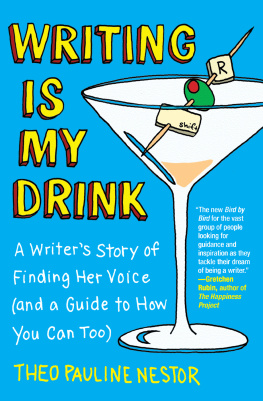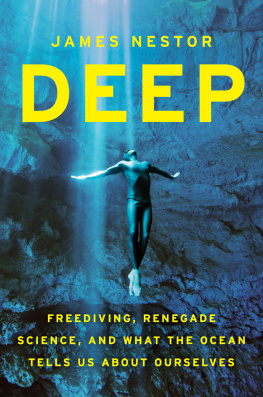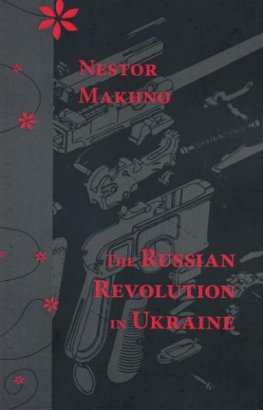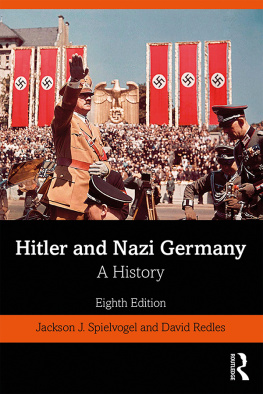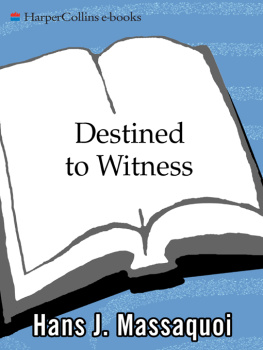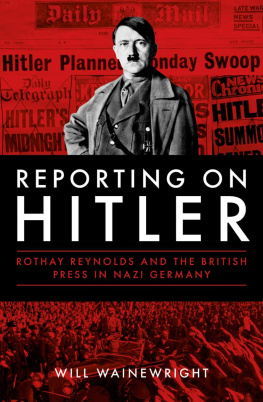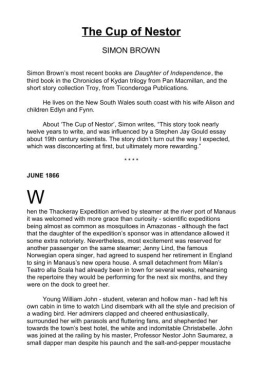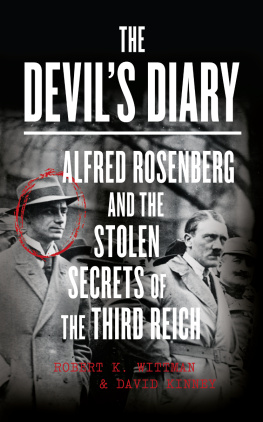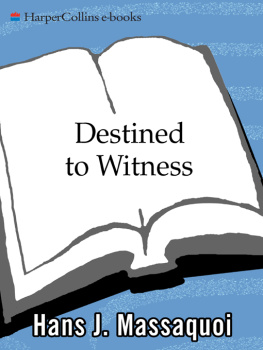Uncle Hitler
A Child's Traumatic Journey through
Nazi Hell to the Safety of Britain
By
Alfred Nestor
What others are saying about this book
"On reading this story, my reaction is that it is a decent addition to several categories of my library: Britannica, Judaica , Germanica , international and WWII history or placed alongside any of the psychological analyses akin to Bullock's Hitler: A Study in Tyranny or Kogon's The Theory and Practice of Hell or the debates of Bender and Leone's War and Human Nature.
The impact that the war had on many victims is unimaginable, but Mr. Nestor gives us a perspective that lets us view a piece of the horror and not cringe away. We need to know these things.
E-book edition
Published in Great Britain
By Mirage Publishing 2012
Text Copyright Alfred Nestor 2011
First published in paperback 2011
No part of this publication may be reproduced,
stored in a retrieval system or transmitted in any
form or by any means without first seeking
the written authority from the publisher.
The purchase or possession of this book
in any form deems acceptance
of these conditions.
A CIP catalogue record for this book
Is available from the British Library.
Mirage Publishing
PO Box 161
Gateshead
NE8 4WW
Great Britain
Cover Copyright Mirage Publishing
Layout by Artistic Director Sharon Anderson
For Sam, an extraordinary man, may I never forget his
example of Love and Humanity, and be worthy of his teaching.
TABLE OF CONTENTS
Note & Acknowledgments
Many people have asked me, How can you remember things, when you were only aged three or four years of age?My answer is this, maybe its just that if you experience things that are dramatic, or frightening, they are recorded in your mind, and though, in later years, they are pushed into your sub-consciousness and you try not to think of them; sounds, smells, a picture or just a song heard on the radio is the trigger to bring distant memories flooding back.
I was aware, when writing this book, that memory can play tricks on you, so all details about my childhood in Germany have been crosschecked with people who knew me or my mother, and imparted to me what they knew many years earlier. If these things confirmed my own recollections, only then did I add them into this book.
So what you will read in this book is true! Let us hope that our children never have to experience these things ever again.
Thank you to my dear wife Christine, and my stepdaughters Abby, Ximena , Rachel and Michele, and their families, for all the moral support in writing my story. Also, a kind thank you to Annette and Rudy Gust ... without their friendship I would never have found my father. And Paula Lietz who gave me that extra support, just when I needed it most. Also, Henry McKenzie, Jo-Kate Leslie and Robert Bob Luke for your kind advice and all the members of the Nutters Group for making the writing of my autobiography less painful, reminding me that my story has to be told. For there is always light at the end of the tunnel, I could not have done it without you.
- Alfred Nestor
I have known Alfred Nestor for over eighteen years. As you will read in his book he started out as a friend, and eventually became my stepfather. Over the years he told little of his past; each time it came into conversation I could see how painful it was for him. He eventually decided, after so many years, to write his story down for his family to read. Knowing Alf, as I affectionately call him, I know just how hard this was for him to do. The plan was for him to write the story in his own words and for me to re-write it, but as usual things didnt go according to plan. After much deliberation, I decided to leave the book exactly as he wrote it. This is not a work of fiction; it is a true story, and as such I feel it should be told in the words of the person who lived it.
The history of the Second World War is well documented; however, what Alf has done with his book is tell the world how it felt to be a child during one of the most awful wars the world has ever seen. Whilst reading this book you will follow Alf through the hardest times any child should not have to go through, up to adulthood, and see how, with strength and determination, adversity can be overcome.
Alf survived being a German child in the Second World War, overcame several potentially debilitating strokes, became a stepfather to four teenage daughters, and became a grandfather.
This is a man who always puts others first. He is one of the few true gentlemen left in the world. He always puts one-hundred percent into everything he does.
It has been a privilege to work with Alf on this book, and I hope you will find it as inspiring as I have done.
It is an honour to know Alf and to have been part of the life of such an extraordinary man. Now its time for him to tell his story in his own words.
- Ximena Carter
I was born on 19 June, 1941, at 5.45am, in the small town of Strausberg, located 30km to the east of Berlin, and not many miles from the German and Polish border town of Kostrzyn.
I was born into a country that had been at war for over two years, and it was going well for my nation. Plans were being made by our leader Adolf Hitler to extend the war into the east and into Russia, which was, in our leaders opinion, the main enemy.
Germany needed more room (Lebensraum), and our leader also needed more victories. He had been proven right, against the advice of most of his generals, and he had achieved many victories in the west, but he had not been able to encourage the stubborn British to either join him, or capitulate.
Worse still, the British Prime Minister Winston Churchill was talking about fighting on the beaches, and there was no chance of mounting an invasion, not without destroying the Royal Air Force first, never mind the British Navy. No! What was needed was more victories, and if they could not be achieved in the west? Then lets go east instead; the Russians were a race of peasants, and non-human ( Untermensch or lower people) so lets attack them! After all, they are not soldiers, and Dictator Stalin (their leader) had carried out a great many purges of his generals, leaving yes men and idiots in command, so our armies would cut through their armies and be in Moscow in no time.
This would give our leader more control, and show the whole world just how great a war leader he was. There would be no more doubts in his generals minds, and, very soon, Germany would control the whole world. America and Britain would sue for peace and join him. He would be able to control them too, in time.
None of this was of any interest to me; all I wanted was to be with my mother, and to play games with my father. My father was a policeman in Berlin. The German Police had been amalgamated from many local provincial police forces into the first national police force, officially known as Die Deutsche Polizei, in 1934, under Dr Wilhelm Frick, the Reich Minister of the Interior. So with this in mind, the word police from hereon in will be capitalized.
On the 17 June, 1936, after some political intrigues by SS-Brigadefhrer Reinhard Heydrich, Heinrich Himmler was made Chief of the German Police in the Reich Ministry of the Interior: Chef der Deutschen Polizei im Reichsministerium des Innern . This, though we did not know it at the time, was to turn Germany into a dictatorship, where fear was to become normality, good people were forced to remain silent, and civilization died.
My mother was a homemaker Hausfrau which, in the new Germany, was a very important position. German mothers were regarded as the future of the new Germany and, as such, were honoured by the state and sometimes given medals if they had many children and provided Germany with her future soldiers.
Next page

